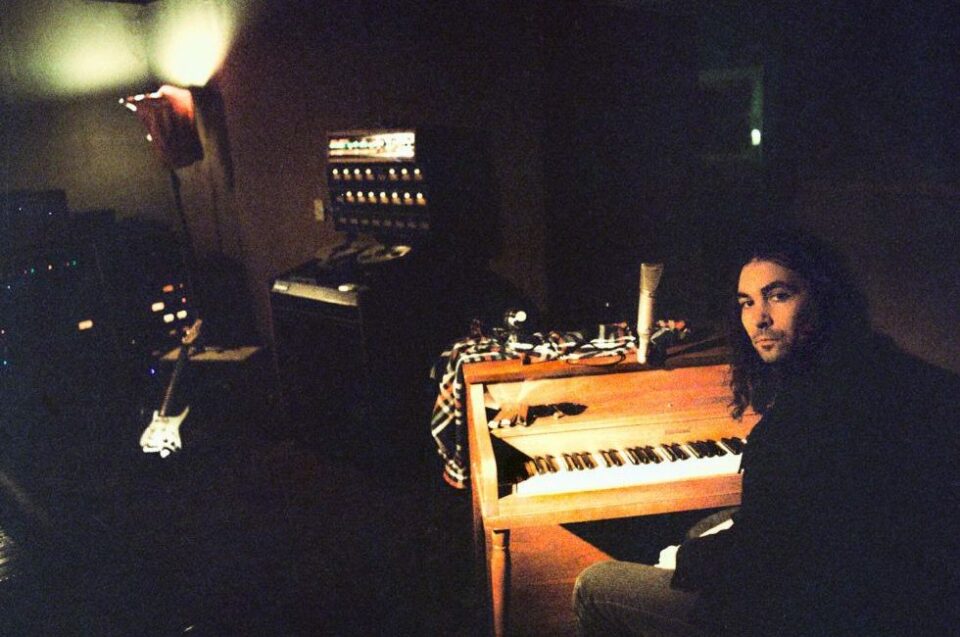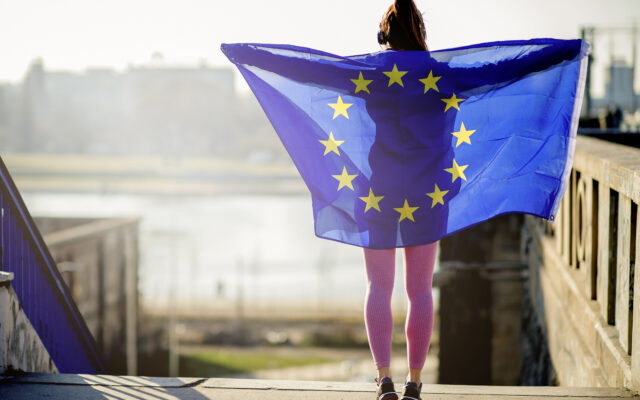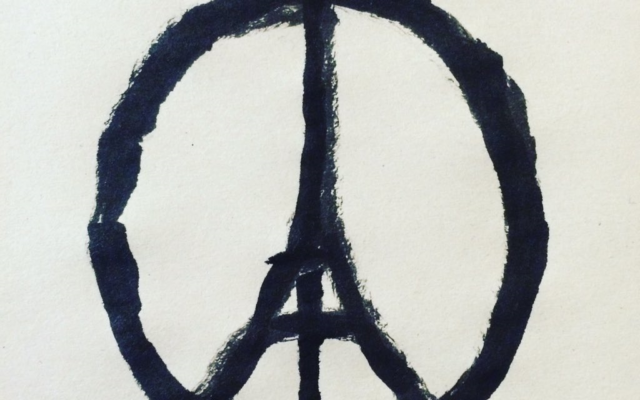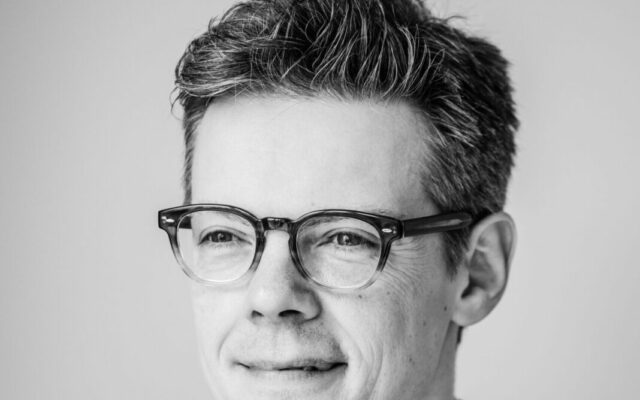This year, two very different films searched for answers at the border between intimacy and intrusion. By revealing so much of their protagonists’ pain they strayed towards voyeurism, but instead found truth.
Andrew Dominik and Ken Loach might be the first to concede that their respective projects – One More Time With Feeling, a documentary about singer, Nick Cave, who records new music in the midst of grief; and I, Daniel Blake, a fictional tribute to human kindness even as it exposes the cruelty of Britain’s privatised welfare system – are films they would rather not have made. No parent should have to lose a teenage son. No rich country should be running food banks. And when those things do happen, should film-makers point their cameras at the grieving? Should they focus their lens on the faces of the poor?
Blameless family loss and shameful national failure cannot be compared; nor can musical documentary and political fiction. In their subject matter and form, Feeling and Blake could not be further apart. Yet both stories are works of art, created by a series of aesthetic choices, where everyone has agreed to film or be filmed. This leaves the question of why we, the audience, might want to watch.
Both films confront us with images that should be unbearable. Blake delivers one of the most devastating scenes in modern British cinema, in which a young mother has become so hungry – skipping meals so her children can eat – that she opens a tin from the shelves of a food bank and hand-scoops the cold contents into her mouth. There is nothing new here – we know that 1,109,309 emergency food packages were distributed across the UK in 2015/16 – but the depth of our national shame is laid bare.
In Feeling, Dominik carefully circles around the tragedy at the film’s core, focusing first on Cave’s craft in the studio and then slowly revealing the parents’ grief until we are ready to enter their home and sit around the kitchen table. Here, Susie Bick holds her son’s prophetic childhood painting of the cliffs from which he would fall. Having rediscovered the painting after her son’s death, Bick describes her distress at its black frame, asking one more “why?” that finds only silence. Every scene of this film exudes restraint and measure, yet here we are, faces up close to a family’s raw pain.
Feeling and Blake arrive, inevitably, at different ends. The former suggests that we each find our way to cope with loss, to grieve and continue our lives. Cave remarks that he and Bick have “decided to be happy”, as a form of “revenge”. This is no manifesto or self-help advice, merely one more step in a family’s journey. Blake may share the patience and generosity of its hero but is nonetheless a call to arms, raging against a welfare machine that humiliates, dehumanises and defeats those in our society who most deserve support. No one can watch this film and shrug shoulders; there is no strategy for coping here.
Yet both films are united in their art, reminding us that we need stories as much as the air we breathe. It is not enough to find truth: we must see it up close, take it in our hands and re-work it. As we open ourselves to books and film, our brains are re-wired, and when we reach the final page or leave the cinema, we emerge forever changed. No need to worry that our tears dissolve the will to act – we have already taken a new stance.
To publish is to make public. To publish the most intimate stories, whether imagined or real, is the most courageous act of any artist. To reveal a mother at her physical and spiritual limits demands honesty from both sides of the camera. Here lies the beauty of One More Time With Feeling and I, Daniel Blake. By carefully exposing all the despair, sadness and injustice in human life, they allow us not to look away but to look close, and love follows.









